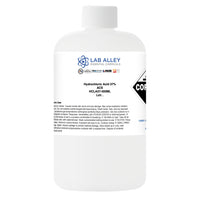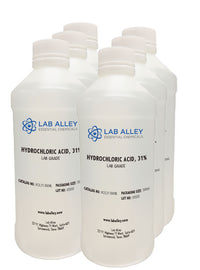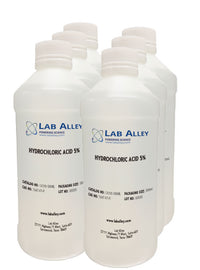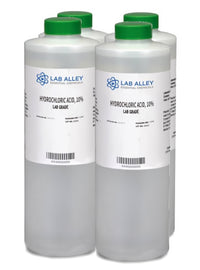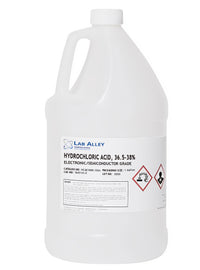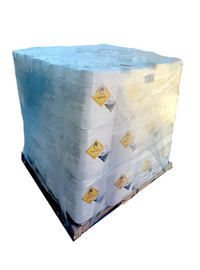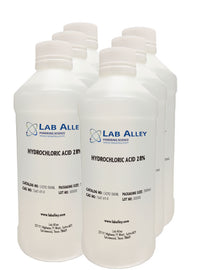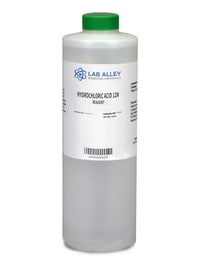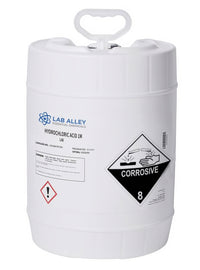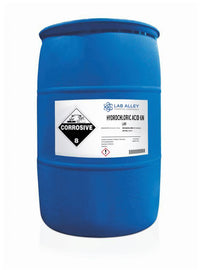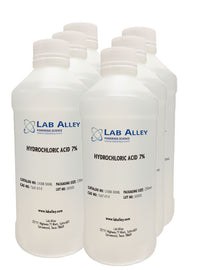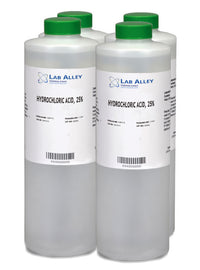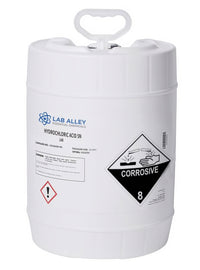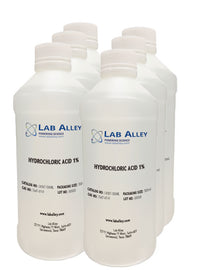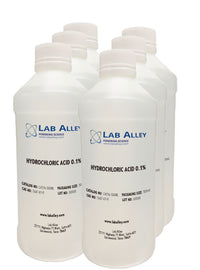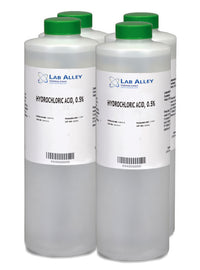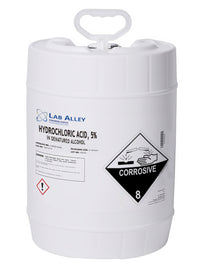Hydrochloric Acid
Also Known As Muriatic Acid And Aqueous Hydrogen Chloride
Pure Hydrochloric Acid (HCl) is an inorganic acid. It is also known as muriatic acid and aqueous hydrogen chloride. It is a clear, colorless to light yellow liquid at room temperature with a potentially irritating odor. It has an approximate Ka of 1.3 x 10-6, and as such Hydrochloric Acid is a strong acid.

Hydrochloric Acid has a wide range of uses including as a lab reagent, in the manufacture of polyvinyl chloride (PVC), as a cleaning agent especially on masonry, in ‘steel pickling’, a process to clean and purify steel, and in pH control in both industrial and home use such as the regulation of the acidity of swimming pools. It is a ‘workhorse’ reagent in the chemical industry with a multitude of uses.
Industries that use Hydrochloric Acid
- Textiles
- Pharmaceutical & Nutraceutical
- Chemical
- Metal processing
- Food & Beverage
Common Uses and Applications for Hydrochloric Acid
- Regent in the chemistry lab
- Industrial cleaning
- Precursor in chemical manufacture
- Metal processing (steel pickling)
- Controlling pH in domestic and industrial situations
Filters

